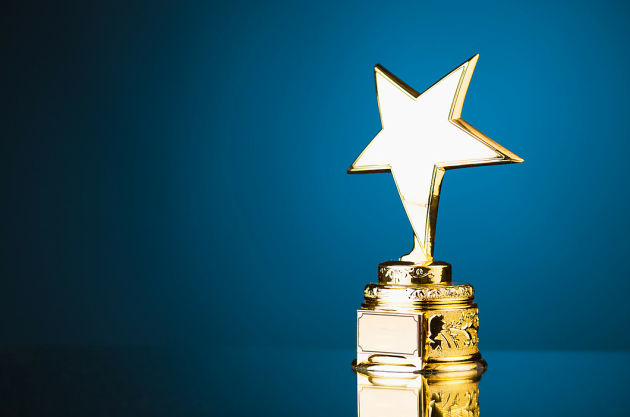
Digital Teacher in the 21st century Competition
The idea of launching the "Digital Teacher in the 21st Century" competition came as an inevitable result of keeping pace with rapid advancements and due to the urgent need for remote education and the use of virtual classrooms, in addition to the skills and tools of e-learning.
The "Digital Teacher" operates using e-learning tools in the
context of remote education. It has become imperative to possess
digital skills through training courses in the curriculum to
meet advanced cognitive and research needs. This helps in
transferring knowledge and skills from the advanced digital
teacher to students and increasing engagement in the educational
process.
The "Digital Teacher" is an individual who possesses a set of
skills and tools essential for teaching scientific and
theoretical subjects in a digitally advanced society. They
employ various methods, including the TPACK approach and the use
of KAHOOT as an engaging game-based learning tool. By
integrating modern technology into the educational process, they
enhance the transformation from a mere environment to a digital
interactive one, elevating academic achievement in the 21st
century. This also aids in understanding the current
inclinations and aspirations of students and keeping pace with
the job market.
Goals of the competition
- Using new learning designs in teaching.
- Sharing new learning activities with other teachers locally and globally.
- Integrating digital skills into education.
Judging Criteria for the 21st Century Digital Teacher Competition
Personal Philosophy
- Collaborating with school colleagues to implement e-learning.
- Implementing cooperative learning in the classroom.
- Encouraging students to use Information and Communication Technology (ICT).
Teaching Effectiveness
- Implementing a project-based learning strategy using technology.
- Focusing on goals that require higher-order thinking skills.
- Acting as a facilitator for students' digital learning and moving away from traditional roles of lecturing and instruction.
- Recognizing the added value of using technology as a tool for technological utilization.
- Measuring the improvement in student learning as a result of implementing digital projects.
Sustainable Self Professional Development
- Keeping up with scientific and educational developments in the field of educational technology.
Creativity and Innovation
- Seeking creative ideas and methods.
- Identifying and nurturing students' creativity, abilities, and multiple intelligences.
- Developing students' scientific research skills and life skills through designing creative activities.
- Advancing ideas introduced by the 21st Century Learning Design program (CLD).
Planning
- Comprehensive planning by incorporating the 21st Century Learning Design program (CLD).
- Collaborating with teachers in student assessment.
Evaluation
- Organizing evaluation processes in lesson plans.
Outcomes and Achievements
- Personal achievements in the technology field.
- The quantity and quality of the e-learning portfolios produced and applied.
- The quantity and quality of projects completed using technology, incorporating modern tools and methods.
Electronic Test
- Successfully passing the international electronic test: Microsoft Certified Educator (MCE).
Winner Prizes
1st Place
-
2,000
2nd Place
-
1,400
3rd Place
-
700
Participation of the top five winners in the Certiport-Pearson VUE conference for education experts in the USA or the UK.
Obtaining a Microsoft Certified Educator (MCE) certification.
Competition Details
You can find download the details PDF through the following link.
